
Chinese Ambassador’s ‘Unbridled Speech’ Sparks Controversy in Nepal
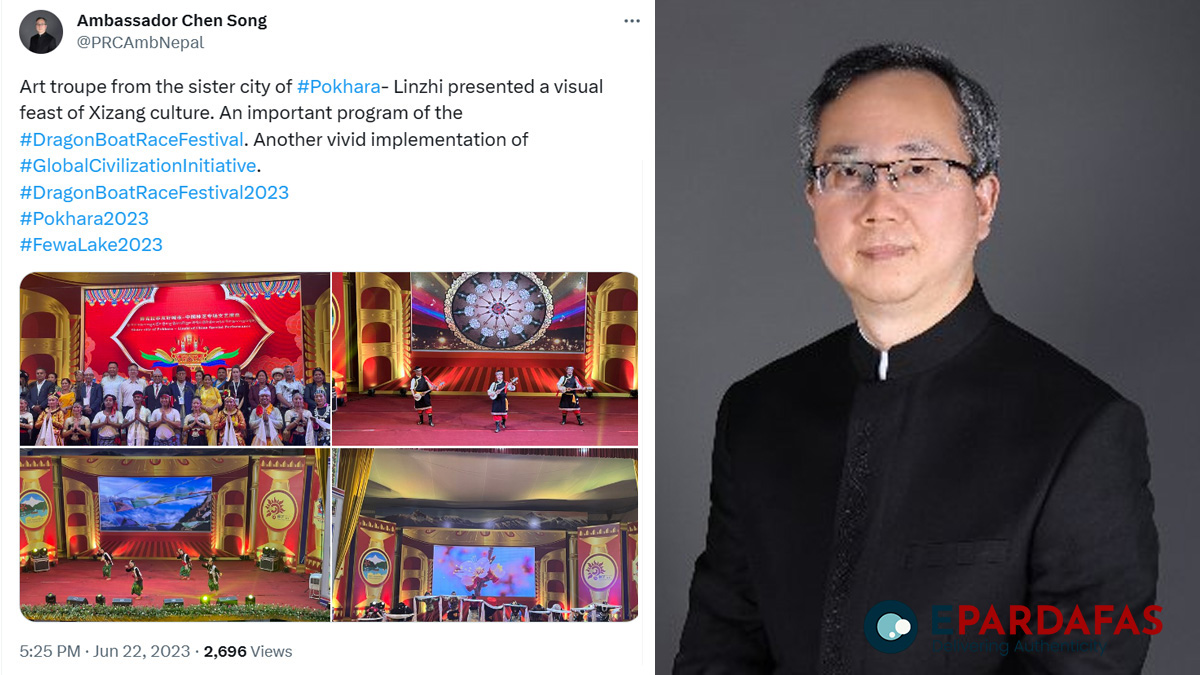
Chinese Ambassador to Nepal, Chen Song, finds himself at the center of a growing diplomatic controversy following a series of outspoken statements that have raised eyebrows in diplomatic circles. Ambassador Song’s comments, touching on a variety of topics ranging from international cooperation initiatives to trade relations, have caused concern among Nepalese officials and drawn attention to China’s influence in the region.
One of the recurring themes in Ambassador Song’s recent statements is his ambiguous stance on development projects in Nepal. He has at times, attributed the construction of the Pokhara Regional International Airport to the Belt and Road Initiative (BRI), while on other occasions, he has suggested it falls under the purview of the Dragon Race is Global Cultural Initiative (GCI). This ambiguity has fueled speculation and raised questions about China’s intentions in Nepal’s infrastructure development.
Moreover, Ambassador Song’s comments during a meeting with Nepal’s security chiefs have raised concerns. He reportedly commented on the cooperation between the United States and India, alluding to China’s Global Security Initiative (GSI). This prompted concerns among security experts about China’s growing influence in Nepal’s security affairs.
The controversy surrounding Ambassador Song’s statements is compounded by his position as the highest-ranking Chinese diplomat in Nepal. His remarks have not only drawn attention to China’s presence in the country but also affected Nepal’s regional and international relations. Many are now questioning whether the Chinese ambassador is overstepping diplomatic boundaries.
Ambassador Song has also faced criticism for his comments on Nepal’s relations with India and its economic condition. During a program in Kathmandu, he made remarks that were seen as undiplomatic, including openly discussing Nepal-India relations and trade. He suggested that Nepal could achieve greater economic prosperity by diversifying its trading partners, implying a shift away from India.
In a public program held in Kathmandu, Ambassador Song made comments that many considered to be outside the norms of diplomatic decorum. He openly criticized Nepal’s trade relations with India, expressing doubts about Nepal’s economic prosperity through this partnership. He suggested that Nepal needed to diversify its economic policy to reduce its dependence on India.
The Chinese Ambassador cited examples such as India’s monopoly on trade with Nepal, particularly in the field of agriculture, and questioned Nepal’s economic self-sufficiency in light of its electricity trade deficit with India. He argued that China’s economy could offer a more favorable alternative for Nepal.
In one particularly pointed statement, Ambassador Song criticized the electricity trade between Nepal and India, suggesting that Nepal was incurring losses due to the trade. He encouraged Nepal to explore alternative economic policies and highlighted the need to reduce dependence on India.
While some Nepali diplomats have expressed reservations about openly criticizing the Chinese Ambassador, they maintain that Nepal’s relations with its neighbors are internal matters, and Ambassador Song’s remarks were inappropriate.
Ambassador Song also emphasized the need for Nepal to strengthen its energy sector and reduce imports, including agricultural products from India. He argued that the Chinese economy could offer valuable lessons for Nepal’s economic development, highlighting the importance of restructuring Nepal’s economy and focusing on export-oriented agriculture.
He further called for increased industrialization in Nepal, attributing the country’s trade deficit to a lack of industries. Ambassador Song also noted that China has been actively encouraging the export of Nepali products, signaling opportunities for bilateral trade.
While Ambassador Song’s outspoken comments have stirred controversy and debate, they have also drawn attention to the complex dynamics of Nepal’s foreign relations and the challenges it faces in achieving economic independence.
The ambassador’s remarks are likely to continue generating discussion within Nepal’s diplomatic and political circles in the coming days.




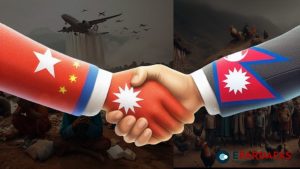
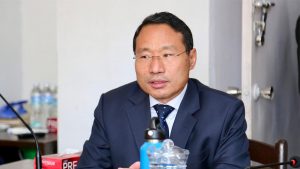
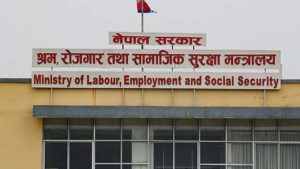
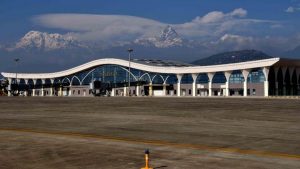





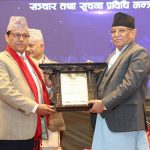
Comments